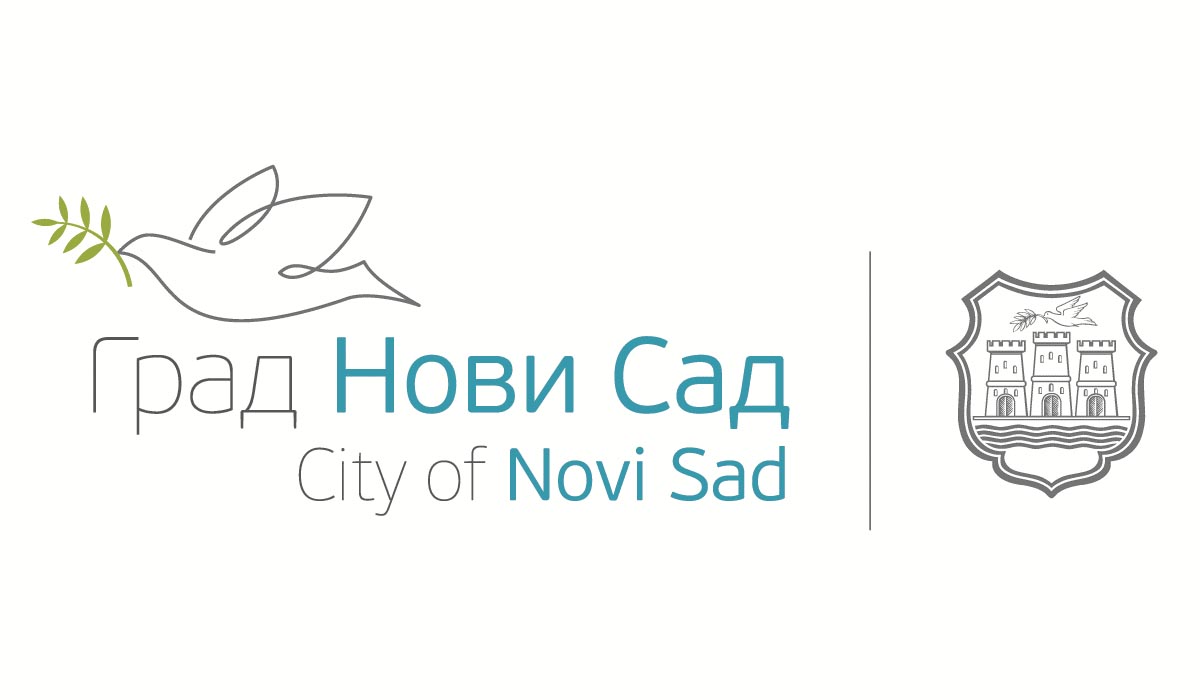PREČANI POLITICS: KNJAZ NIKOLA AND THE HERZEGOVINA UPRISING OF 1882
Keywords:
Knjaz Nikola, Svetozar Miletić, Herzegovina, uprising, Austria- Hungary, Prečani Serbs, Montenegro
Abstract
Austria-Hungary in 1882 faced organised opposition from the Serb and Muslim populations of Herzegovina. Dissatisfaction was provoked by regulations concerning military organisation, although the primary causes were agrarian and political issues. Montenegro had traditionally played an important role in events in Herzegovina, which for decades had looked to Cetinje regarding political and military actions. The presence of a strong Austria-Hungary compelled Knjaz Nikola to pursue conciliatory policies, though unofficial events often occurred in a different tenor. From across the Danube border, the Prečani Serb political elite – both liberal and conservative – followed the tradition of earlier uprisings and carefully watched every move by the Knjaz of Montenegro as one of the key players in national and Balkan politics. The result of Serbia and the Eastern Question sent waves through the Prečani Serb elite, particularly regarding the apparent Austro-Hungarian aim of annexing Bosnia and Herzegovina. Frequent articles on the topic were written by Svetozar Miletić, who symbolically terminated his political engagement when the Uprising failed.Downloads
Download data is not yet available.












